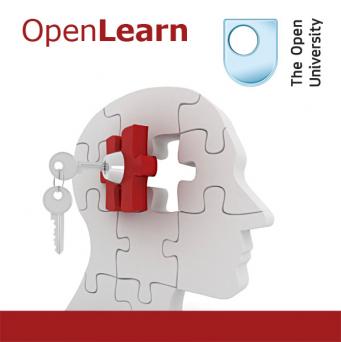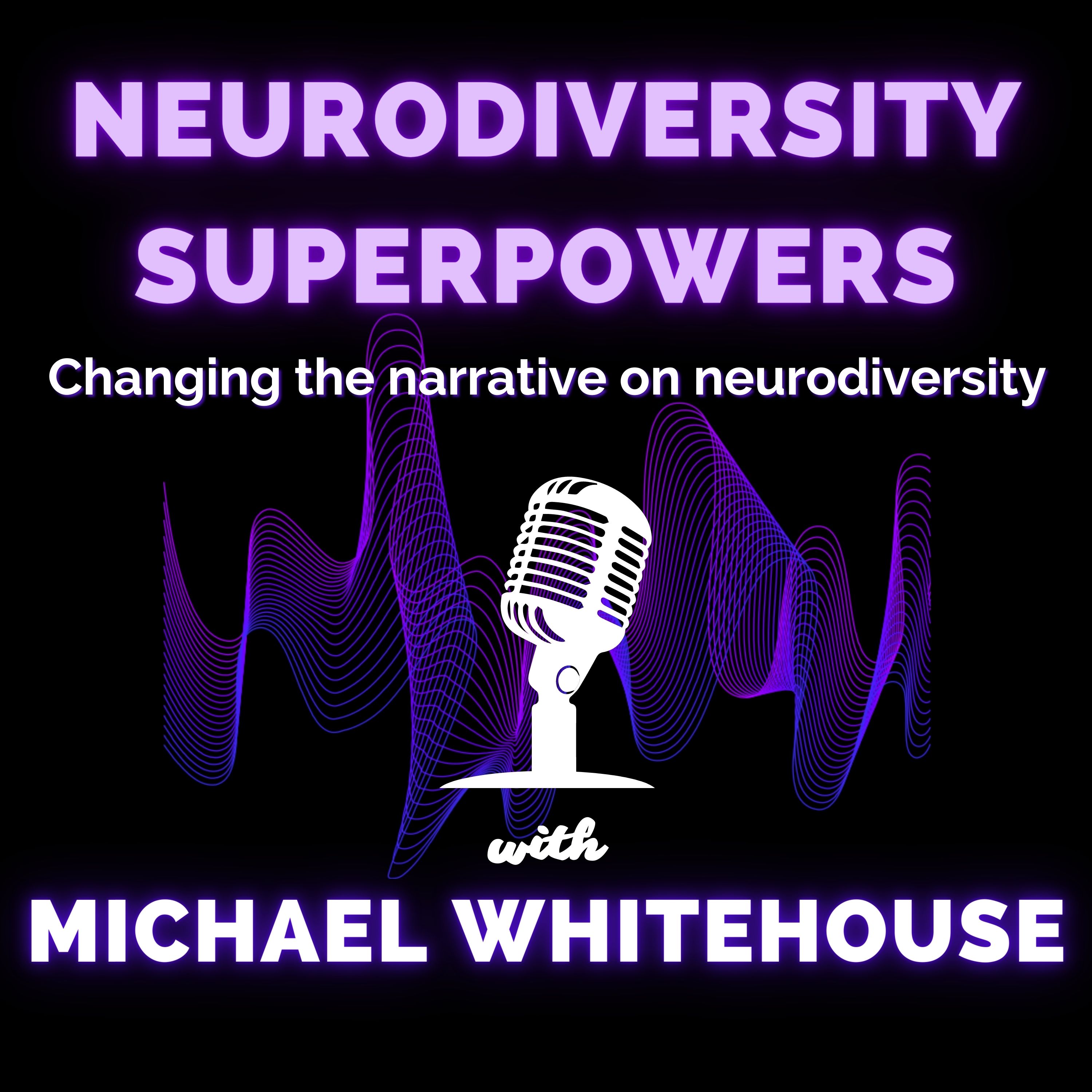
Divine Enigma
At Divine Enigma, we're here to explore the wonders of neurodiversity amid busy corporate life and career dreams. Our platform is like a cosy sanctuary where everyone - whether you're a professional or an entrepreneur - can join in uplifting conversations. From simple tips for managing projects to self-care practices that work, we're all about helping you grow in your career journey. Picture us as your friendly guide through the twists and turns of corporate life, offering a holistic approach perfect for neurodiverse folks to not only get by but to truly shine in their careers.
Divine Enigma
Intersectionality of race and Neurodiversity
Use Left/Right to seek, Home/End to jump to start or end. Hold shift to jump forward or backward.
Today's guest is Patience Udonsi, a lecturer in Learning Disability Nursing and Social Work at the University of Salford, Manchester. Her research interest includes neurodivergence and she has experience working with neurodiverse individuals.
The theory of intersectionality started based on findings that the treatment of black women was different from the treatment of white women such that even though there were interventions aimed at helping women generally, white women benefited more from such interventions. This also plays out in neurodiversity where a white neurodivergent male will face a milder set of challenges than a black neurodivergent female who is at risk of discrimination based on her race and gender added to her neurodiversity. This is because most spaces are not built to accommodate these identities, hence the experience is largely negative.
Notably, the problem is largely a structural one that trickles down into different aspects of society as a whole. An example is structural racism. Research has shown that organizations that try to address racism will by the same methods address other forms of discrimination.
Patience has worked with a young autistic boy who had ended up assaulting another kid when he was overwhelmed by noise hypersensitivity. Unfortunately, the boy's parents had very minimal education on his condition and the organization supposed to offer assistance had a rather poor understanding of his neurodiversity and as such, worked with an inadequate assessment of his behavior since he could not communicate efficiently.
This intersectionality also played out for Sarah who was advised not to divulge her neurodivergence in school so as not to add to the already existing challenges of racial discrimination. However, in many cases, hiding neurodiversity makes it almost impossible to get the right kind of needed support.
While people and institutions are more amenable to making adjustments in cases of obvious disabilities, they are often reluctant to recognize neurodiversity and make changes.
Neurodiversity alone comes with a richness of diversity in thinking and approach to life which makes the world interesting.
Sarah is offering a six-week coaching program for neurodivergent and neurotypical professionals who want to improve their career prospects or get into project management and take the PRINCE2 practitioner exam.
YouTube episode - https://youtu.be/VPT66PqqCz4
● Connect with Sarah on Instagram: @divineenigma
Join, support, and access exclusive episodes now.
https://www.buzzsprout.com/2083560/subscribe
(@divineenigma338) Instagram (@divineenigma)
please complete the form before you book
● Join Sarah’s 6-week coaching: https://divineenigma.org/product/6-week-coaching-plan/
Join Today!
NeuroEnigma Membership
if you'd like to support this independent podcast, click for free ebook Producer & Host: Sarah
Music: “She Royalty” by Amaro & “Whistle” by Lukas Got Lucky
Podcasts we love
Check out these other fine podcasts recommended by us, not an algorithm.

Dyslexically Successful
Christine Robenalt
Overcoming Distractions-Thriving with ADHD, ADD
David A Greenwood
The Faster Than Normal Podcast: ADD | ADHD | Health
Peter Shankman

